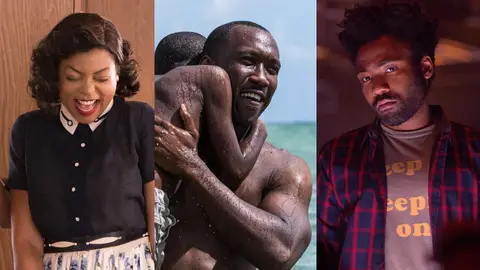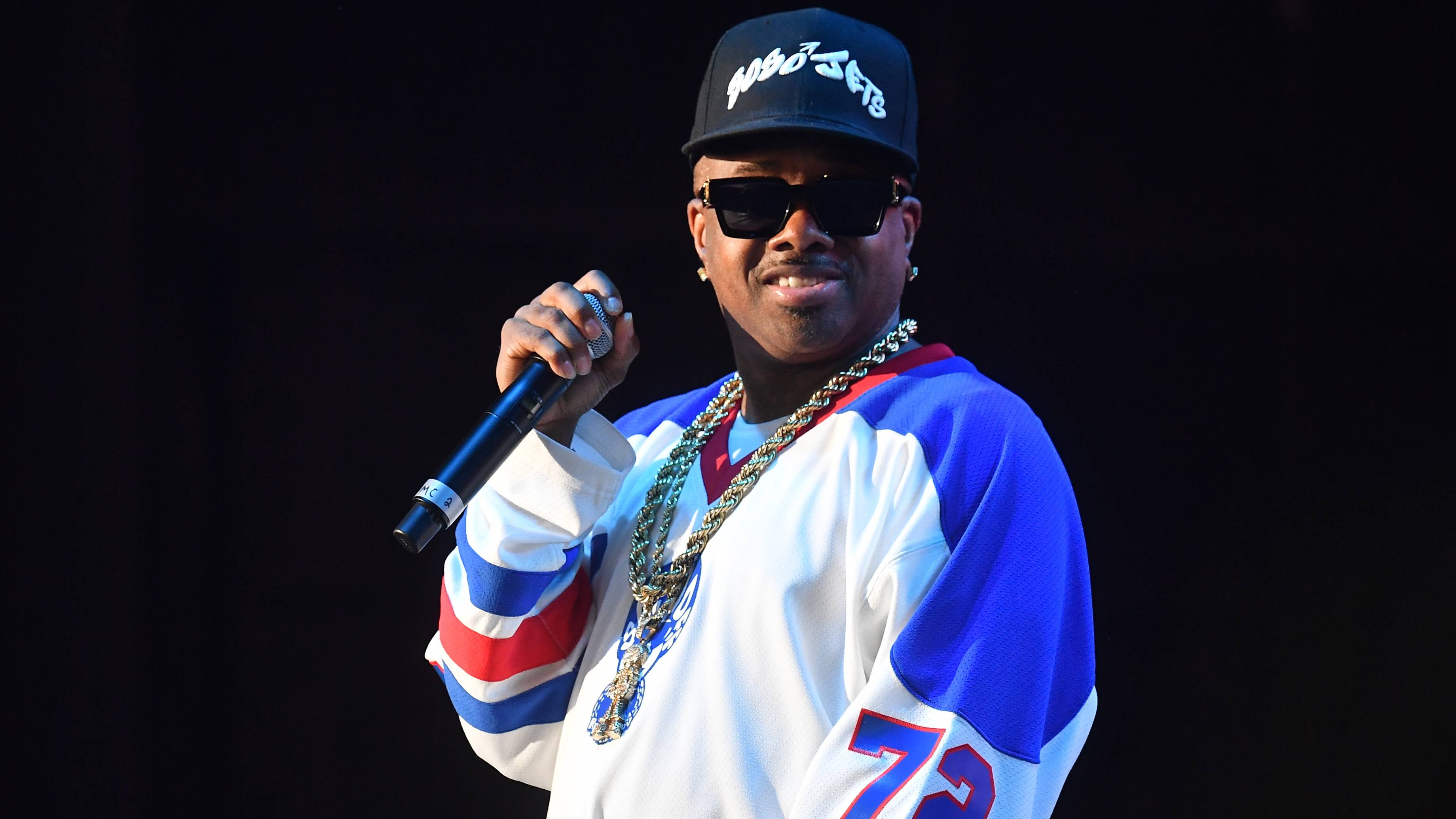How Hollywood Can Teach Us to Fight Back in Trump’s America

In 2008, shortly after Barack Obama’s election made history, a little film called Slumdog Millionaire did the impossible. It rose to the top of the box office, into the hearts of moviegoers, and was quickly hailed the “first film of the Obama era” for the way it reflected the “Yes, We Can!” spirit of the time. America was feeling pretty good about itself, what we had overcome and what we could accomplish. The success of Slumdog Millionaire, directed by Danny Boyle, both at the box office and during awards season, reflected that optimism.
Eight years later, and the feeling around the country is very different. Hope and change have given way to hopelessness and despair. Moving vans are at the White House, removing the first family’s personal belongings, but also our trust in the Oval Office. Obama is seeing the historic progress he’s made on behalf of the country being picked apart by Republican vultures even before he’s finished cleaning out his desk.
Once again, Hollywood is reflecting the popular sentiment of the time. But not in the way you might expect. Rather than echo the “whitelash” that won Donald J. Trump the most complicated victory in modern electoral politics, cinema and television are trying to make America great again — by showing us what’s possible, what’s normal, and how to fight back.
Look no further than last night’s Golden Globes. Amid the politically charged speeches and subtle jabs at the president-elect, we saw fresh, diverse voices win the top prizes. Donald Glover’s Atlanta’s most significant achievement is the way it humanizes the Black experience, and it was rewarded with two awards: Best Television Series, Musical or Comedy and Best Actor in a Television Series, Musical or Comedy. Moonlight, an ode to the marginalized and misunderstood, took the night’s top honor of Best Motion Picture, Drama.
Even at the box office, the two films fighting for the number one spot — Hidden Figures and Rogue One: A Star Wars Story — reflect blue America’s desire to fight back. Rogue One, which boasts the most diverse cast of a major franchise film in recent memory, shows how different people with varying aims (in other words, “identity politics”) can unite to smash the empire that’s stifling their freedom.
Hidden Figures has a slightly more complex message. In an age when Hollywood is increasingly catering to a global audience, it is an anomalous “All-American” tale. But this America is a group of Black women fighting for their place in history. That the Taraji P. Henson film exceeded box office predictions by over $2 million — almost exactly the same number of votes Hillary Clinton got over Donald Trump — adds a nice twist of poetry.
Of course, the danger of a film like Hidden Figures is that it can, by nature of being a historical biopic, make it seem like the problems these women face took place long ago, and were overcome with the abolishment of Jim Crow. Nah. Hidden Figures is not a history lesson, it’s a reminder that we’ve always had to fight, and we have to keep fighting for our voices to be heard.
So, as Inauguration Day approaches and we move through the stages of grief that began on November 8, 2016, we can — surprisingly — look to Hollywood for inspiration to keep fighting. As Meryl Streep reminded us in her bring-the-house-down speech after receiving her Cecil B. DeMille Lifetime Achievement Award last night, quoting her dear friend Carrie Fisher, “take your broken heart. Make it into art.”





